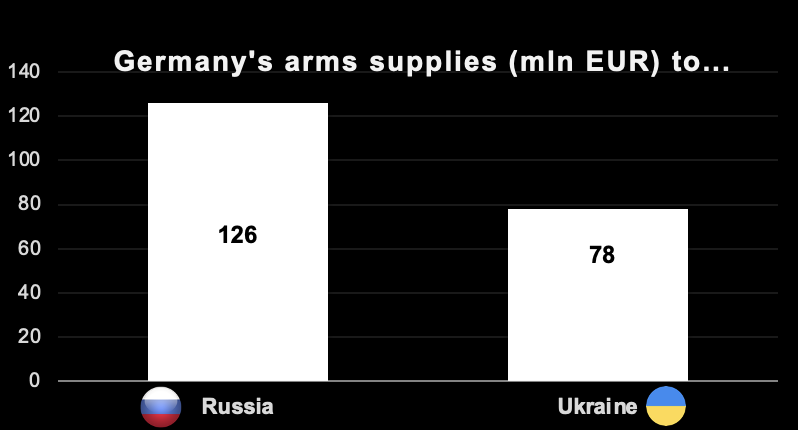
Warriors of the #93rd Brigade 🇺🇦
1/ Her call sign is "Vorona": "crow" in Ukrainian.
This young woman is a commander of an anti-tank squad in a platoon that has destroyed dozens of russian military vehicles.
She's the only woman in her unit wiping out enemy tanks from 🇺🇦 land.
1/ Her call sign is "Vorona": "crow" in Ukrainian.
This young woman is a commander of an anti-tank squad in a platoon that has destroyed dozens of russian military vehicles.
She's the only woman in her unit wiping out enemy tanks from 🇺🇦 land.

2/ "Vorona" was a lawyer in her civilian life.
When she joined the 🇺🇦army in 2019, she decided to become an anti-tanker.
So she successfully completed training for that demanding specialty.
As a squad commander, she still hones her professional skills and teaches her subordinates
When she joined the 🇺🇦army in 2019, she decided to become an anti-tanker.
So she successfully completed training for that demanding specialty.
As a squad commander, she still hones her professional skills and teaches her subordinates
3/ Vorona says that soldiers in her unit have to be able to operate any of the anti-tank guided missiles that 🇺🇦 Armed Forces have in service -- including Javelin or NLAW.
The defenders in Vorona's unit keep undergoing rigorous physical, tactical and combat training.
The defenders in Vorona's unit keep undergoing rigorous physical, tactical and combat training.

4/ Is it difficult to be a female anti-tanker?
"Yes, it's not easy", admits Vorona. "But when you hear the sound of the missile shot, when you see the exit of a missile -- and then the target that has been struck, any difficulties fade away".
"Yes, it's not easy", admits Vorona. "But when you hear the sound of the missile shot, when you see the exit of a missile -- and then the target that has been struck, any difficulties fade away".
Please support 🇺🇦 servicewomen and servicemen on the frontlines, if you can.
The warriors are usually not able to thank you personally, but I assure you: they appreciate this support immensely.
Our November fundraiser to #ProtectUkrainianDefenders 👇
protectukrainiandefenders.org/#purchases
The warriors are usually not able to thank you personally, but I assure you: they appreciate this support immensely.
Our November fundraiser to #ProtectUkrainianDefenders 👇
protectukrainiandefenders.org/#purchases
• • •
Missing some Tweet in this thread? You can try to
force a refresh








